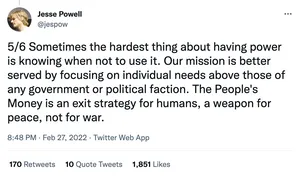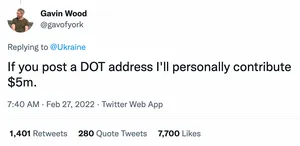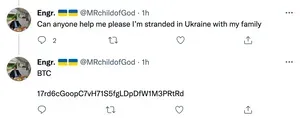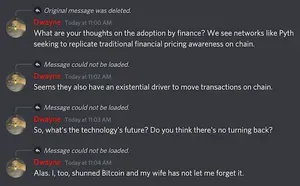Elexir Finance promised a platform where users could build passive income via "yield bearing NFTs". They drew in more than $1.3 million in investments since the project's launch on February 22. However, on February 28, the team suddenly sold off their assets, tanking the $ELXR price in the process. They explained in Discord that this was because they had discovered a flaw in their tokenomics design, and so they had sold in order to cut losses and put "almost all early investors... either in positive profit or breakeven". The team also announced that they would distribute $300,000 to other early investors via airdrops. They notably failed to mention their plans for people who were not "early investors", or who were unknowingly snapping up doomed tokens that the project was offloading. Notably, the announcement also mentioned that the remaining treasury of more than $1 million would stay with the project developers, to be used for some new project they did not describe.After their announcement went over about as poorly as you might expect, Elexir offered their community a choice: take the $300,000 they planned to airdrop, and either continue with that plan or re-add it to the liquidity pool. Community members by and large seemed to support an unlisted third mention, which was to refund the entire treasury to people who bought in, but the project developers seem intent on keeping that amount.
The project development team had had their identities verified by the organization StaySAFU, who subsequently tweeted that "We are currently communicating with both the team behind Elexir and the legal authorities", and that they had identity documents for the team members as well as video confirming they were responsible for rug pulls.









